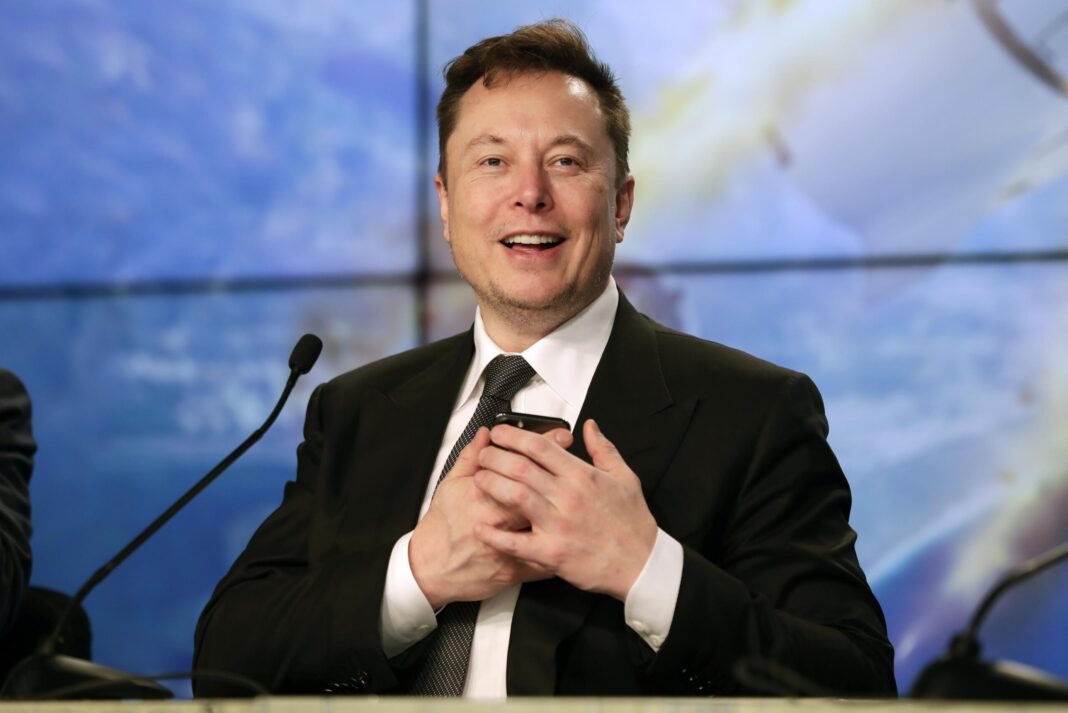In a groundbreaking and controversial decision, Tesla’s board of directors has reportedly offered CEO Elon Musk a $1 trillion compensation package, potentially the largest in corporate history. This audacious proposal underscores Musk’s pivotal role in driving Tesla’s innovation and market dominance while raising questions about corporate governance and shareholder interests. This article dives into the details of this colossal package, its implications for Tesla, and its impact on the global business landscape. Bloomberg
Tesla’s $1 Trillion Compensation Package: Key Details
Announced in 2025, the proposed $1 trillion compensation package for Elon Musk is tied to ambitious performance milestones, reflecting Tesla’s aggressive growth strategy. While specific terms remain under wraps, sources indicate the package includes stock options, performance-based bonuses, and incentives linked to Tesla’s market capitalization, technological breakthroughs, and global expansion. The deal is designed to retain Musk’s leadership as Tesla pushes into new frontiers like autonomous driving, AI, and energy storage.
This follows Musk’s previous 2018 compensation plan, which was valued at $56 billion and tied to Tesla’s market cap growth. The new package, exponentially larger, reflects Tesla’s meteoric rise, with its market cap already surpassing $1 trillion in recent years, and the board’s confidence in Musk’s ability to drive unprecedented value.
Why Such an Enormous Package?
The proposed $1 trillion package has sparked intense debate, but several factors justify the board’s decision:
- Musk’s Track Record: Under Musk’s leadership, Tesla has transformed from a niche electric vehicle maker to a global leader in EVs, solar energy, and AI-driven technologies, delivering staggering returns for shareholders.
- Ambitious Goals: The package is tied to goals like achieving full self-driving capabilities, scaling production to 20 million vehicles annually, and expanding Tesla’s energy division into new markets.
- Retention Strategy: With Musk leading multiple ventures like SpaceX, Neuralink, and The Boring Company, the package aims to ensure his long-term commitment to Tesla.
- Market Leadership: Tesla faces growing competition from companies like BYD and Rivian. The board sees Musk’s vision as critical to maintaining Tesla’s edge.
Critics, however, argue that the package is excessive, potentially diluting shareholder value and raising concerns about corporate governance.
Implications for Tesla and the Industry
The $1 trillion package has far-reaching implications:
- Shareholder Dynamics: The proposal requires shareholder approval, which could lead to heated debates. While Musk’s supporters view it as a necessary incentive, detractors question its fairness.
- Innovation Push: The package incentivizes Musk to achieve breakthroughs in autonomous driving, AI, and battery technology, potentially accelerating Tesla’s dominance.
- Market Perception: A $1 trillion package could signal confidence in Tesla’s future but also attract scrutiny from regulators and investors concerned about executive compensation trends.
- Global Impact: As Tesla expands into markets like India and Southeast Asia, the package underscores Musk’s role in shaping the global EV and clean energy landscape.
The Bigger Picture: Executive Compensation in the Tech Era
The Tesla proposal reflects a broader trend in tech, where visionary leaders command outsized compensation for driving exponential growth. Musk’s package dwarfs other high-profile deals, such as Tim Cook’s $750 million stock award at Apple or Satya Nadella’s $309 million at Microsoft. It highlights the growing divide between traditional corporate compensation models and the tech industry’s performance-driven ethos.
The package also reignites discussions about wealth inequality, with Musk’s potential payout drawing parallels to his status as one of the world’s richest individuals. As Tesla navigates this decision, it could set a precedent for how companies reward transformative leaders.
What’s Next for Tesla and Musk?
If approved, the $1 trillion package will tie Musk to Tesla for years, with milestones likely spanning a decade. Tesla’s plans include:
- Launching fully autonomous Robotaxis in multiple markets.
- Scaling its Megafactory network for battery production.
- Expanding its AI division to compete with tech giants like Google and OpenAI.
- Strengthening its presence in emerging markets with affordable EV models.
The success of these initiatives will determine whether the package delivers value or becomes a flashpoint for controversy.
Conclusion
Tesla’s proposed $1 trillion compensation package for Elon Musk is a bold and polarizing move, reflecting the company’s ambition and Musk’s outsized influence. While it underscores Tesla’s confidence in its CEO, it also raises critical questions about governance, shareholder value, and the future of executive compensation. As Tesla pushes the boundaries of innovation, the world will be watching to see if this historic package delivers transformative results.



